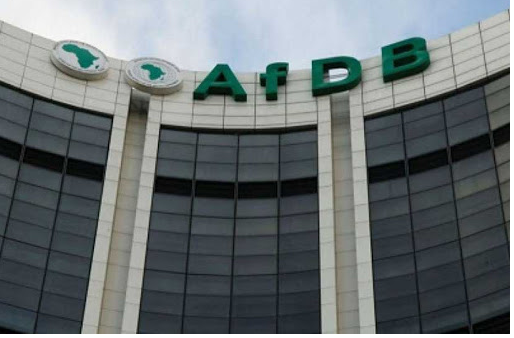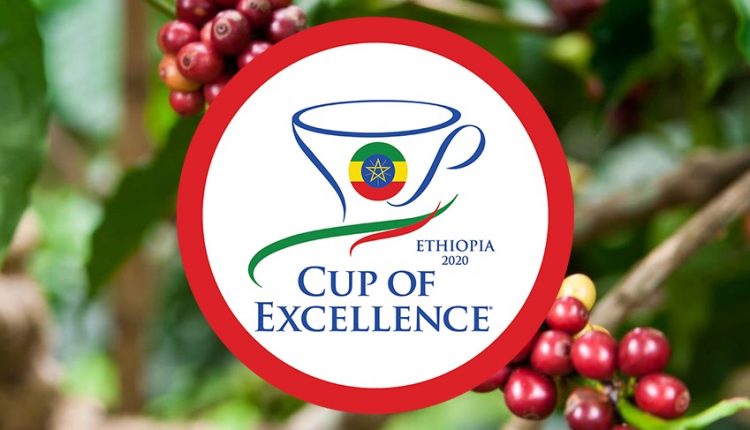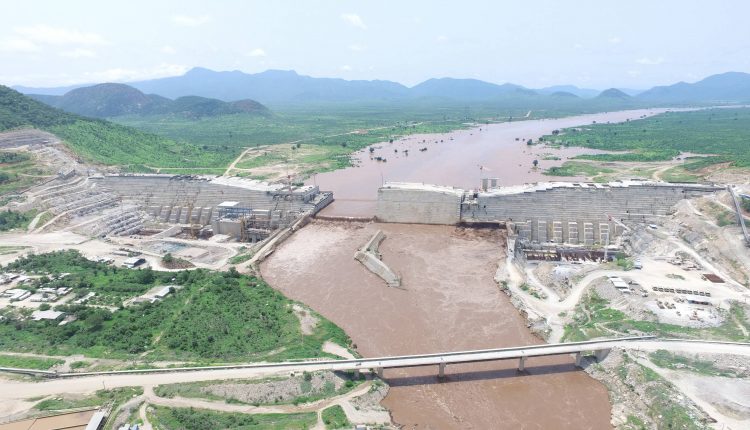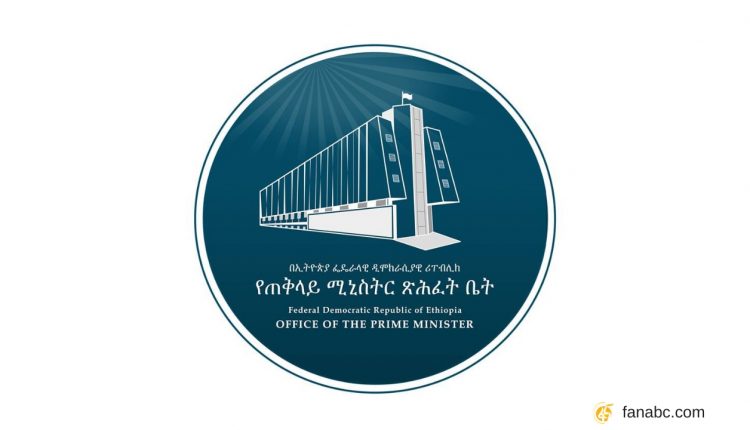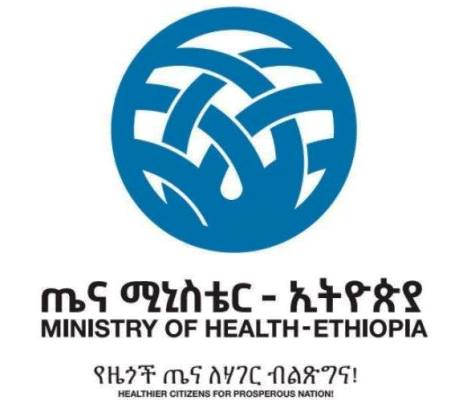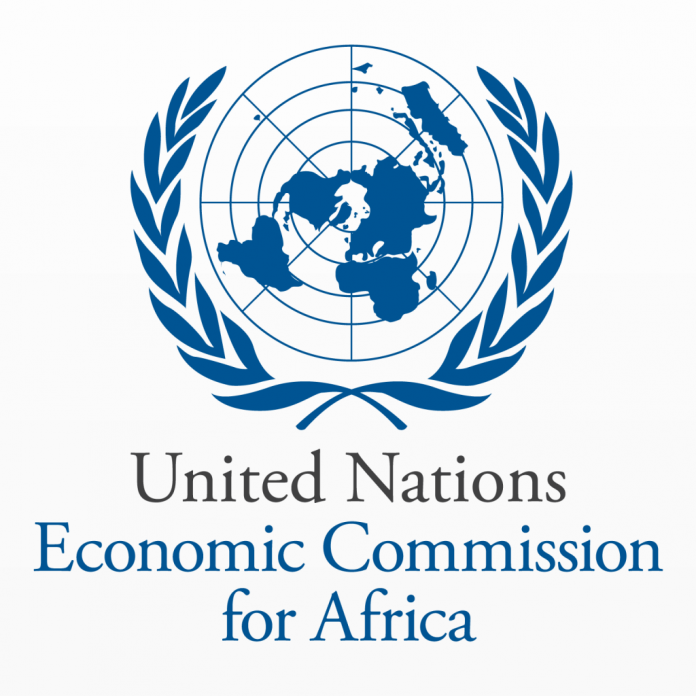The Board of Directors of the African Development Fund (ADF) on 3 July approved a grant of $165.08 million to support Ethiopia’s response to the health and economic impacts of the COVID-19 pandemic, including helping to ease fiscal pressures on the economy.
The grant, awarded from the country’s ADF-15 Performance-Based Allocation, will help bolster Ethiopia’s COVID-19 National Emergency Response Plan (NERP). The NERP outlines a reliable, multi-sector approach to tackling the pandemic. It aims to expand social protection coverage for the most vulnerable, enhance capacity to contain the virus outbreak, and address macro-fiscal imbalances as well as cushioning the effects of the crisis on the private sector.
“This Bank’s support will especially help local businesses and vulnerable households, particularly the urban poor,” said Abdul Kamara, the Bank’s Country manager for Ethiopia. “The program will increase the number of COVID-19 testing laboratories, train 45,000 healthcare workers in COVID-19 response, and aid in rolling out a risk-communication and community engagement strategy to raise awareness on transmission and prevention.”
The country’s health system remains weak, with only three hospital beds per 10,000 persons. The package will assist in refurbishing 300 isolation centers, 34 treatment centers and 100 quarantine centers.
The program will also support the government to offset unplanned expenditures deployed to stabilize the economy under the NERP, and funds will be apportioned to protect small businesses in the formal and informal economy in order to preserve approximately 26,000 jobs.
Ethiopia, along with the rest of Africa, is feeling the impact of the COVID-19 pandemic, which is threatening to reverse recent economic gains. Apart from existing food security issues heightened by COVID-19, the agricultural sector is facing complex and multiple shocks, including the desert locust invasion and climate risks, which pose a threat to productive farmers.
On 8 April, Ethiopia’s parliament declared a state of emergency, and national elections, which were scheduled for 29 August, were postponed.
Ethiopia’s robust economic growth, averaging around 10% annually from 2004/05, is expected to slump as a result of the adverse impact of COVID-1. The country’s 2020 GDP growth has been revised downwards from initial projections of 7.2% to between 2.6% and 3.1%.
The pandemic is also expected to negatively impact the private sector, especially in the construction, exports, and tourism and travel sub-sectors. Ethiopia’s tourism sector accounts for about 9.4% of GDP and employs some 2.2 million people. COVID-19 is expected to further reduce inflows, constraining the importation of raw materials.
The proposed program is aligned with the Bank Group’s Ten-Year Strategy 2013-2022, in particular, the High 5 priority “Improve the quality of life of the people of Africa”, and Pillar II of the Ethiopia Country Strategy Paper 2016-2020, “Promoting Economic Governance”. The NERP is being supported in partnership with several development institutions such as the World Bank, the IMF, and the Korean Exim Bank.
As of 1 July 2020, Ethiopia had recorded close to 6,000 confirmed cases of COVID-19, with 2,430 recoveries and 103 deaths.
Source: AfDB

